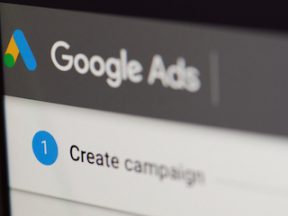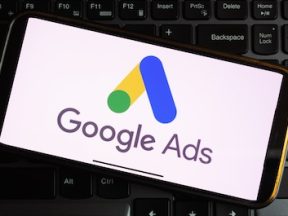I’ve run pay-per-click campaigns for nearly 20 years and witnessed significant change. Tactics I once considered cutting-edge are now outdated. Exciting new strategies have emerged, which I enjoy learning and testing.
In this post, I’ll share a momentous change I believe we’ll see in 2025.
Keywordless Search Campaigns
The “death of the keyword” prediction isn’t new. It suggests that keywords will go away as an optimization tactic, replaced by audiences and other factors.
Yet Search campaigns without keywords already exist. Dynamic Search Ads and Performance Max campaigns match user queries to a site’s content. Advertisers can see the queries, but there are no keywords to bid on. It’s a holistic shift to keywordless campaigns and hints at the future.
Google has redefined how broad match works. Queries that do not relate to keywords can trigger ads based on other factors, such as previous searches and the user’s location. For example, an advertiser bidding in broad match on the keyword “office desk accessories” could trigger an ad for “coffee mugs” if the user’s previous searches indicated an interest in desk items.
Based on that logic and how Google triggers ads for phrase and exact match, true match types no longer exist. Google decides which queries are relevant. Keywords are a component, not the sole focus.
Google says broad match uses the most audience signals and is thus the most effective for advertisers. I disagree, at least partially, because I still see better performance with phrase and exact match. But the writing is on the wall: Match type isn’t critical.

Per Google, broad match uses the most audience signals and performs best for advertisers. Click image to enlarge.
A campaign beta in Performance Max called “search themes” confirms the direction. Instead of submitting keywords, advertisers enter themes related to their product or service. Advertisers selling recliners, for example, could enter “recliners,” “recliner chairs,” and “sofa recliners.”
Keywordless search allows Google to cast a wider net with more data and rely on machine learning to show the right ad.
Same Structure
Despite the absence of keywords, I don’t see the structure of Search campaigns changing. Campaigns organized by topics with ad groups in sub-topics will continue. Ad copy will reflect the ad group. Targeting will be a mix of audience signals, including search themes, and enhanced by first-party data.
Still, an advertiser might question the removal of keywords from Search campaigns when Performance Max targets the Search network. Why bother with a Search campaign if the targeting options are the same as Performance Max?
I see a couple of reasons.
First, advertisers cannot choose the networks in Performance Max campaigns. Ads show across all of Google’s properties. The setting is fixed, not changeable. Hence advertisers interested only in the Search network should not choose Performance Max — Search campaigns are a better option.
Second, search has been the core of Google for nearly 25 years. Removing the Search campaign type — even without keywords — would be too disruptive to advertisers who view Performance Max as not viable.
Therefore Google will likely not force advertisers to transition from Search. Google will encourage keywordless campaigns but will not make them mandatory.




